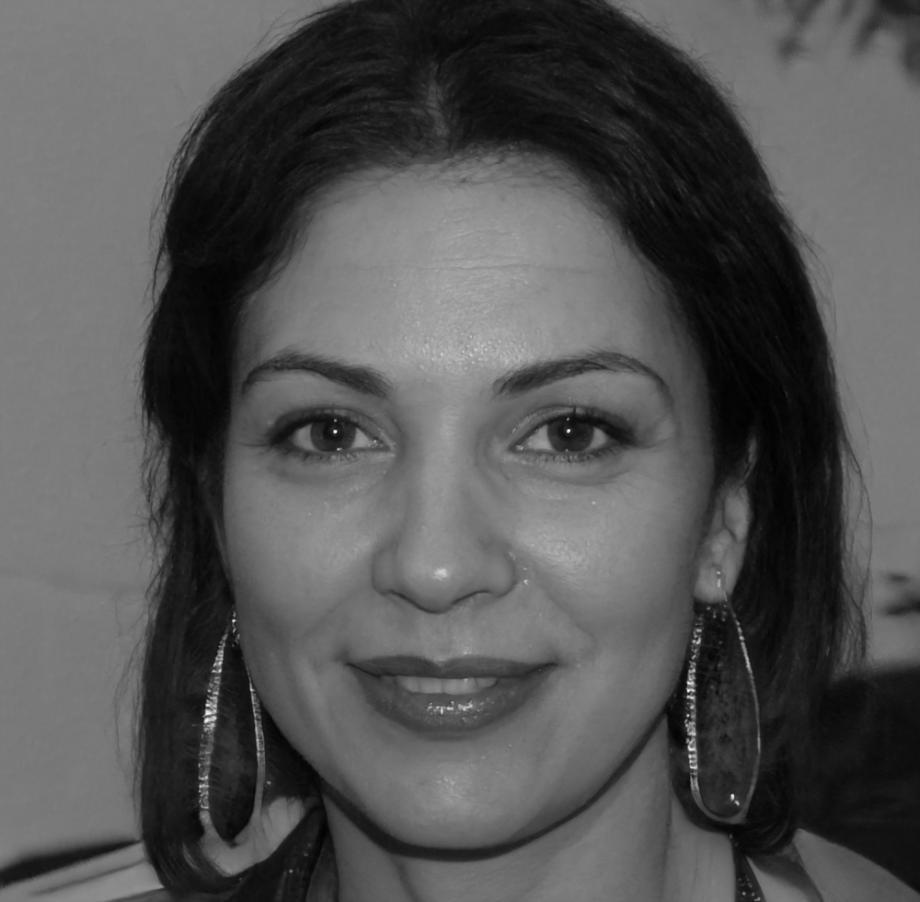Why 2025 Changes Everything for New Investors
The Canadian investment landscape shifted dramatically in late 2024. Interest rates stabilized after years of uncertainty. New tax-advantaged accounts opened opportunities for younger investors. And digital platforms made market access easier than ever.
- TFSAs now allow contributions up to $7,000 annually—perfect for building tax-free investment growth
- Fractional shares let you invest in major companies with as little as $10, removing traditional barriers
- ETF options expanded dramatically, giving beginners diversified portfolios without needing massive capital
- Canadian dividend stocks provide reliable income streams that compound over time
But here's what nobody mentions: having access to these tools means nothing without understanding how they actually work together. That's where most beginners stumble.





